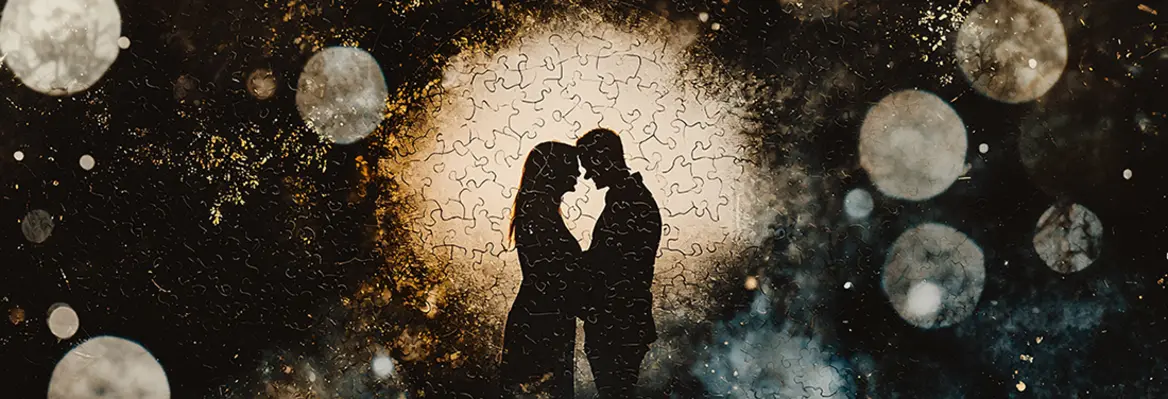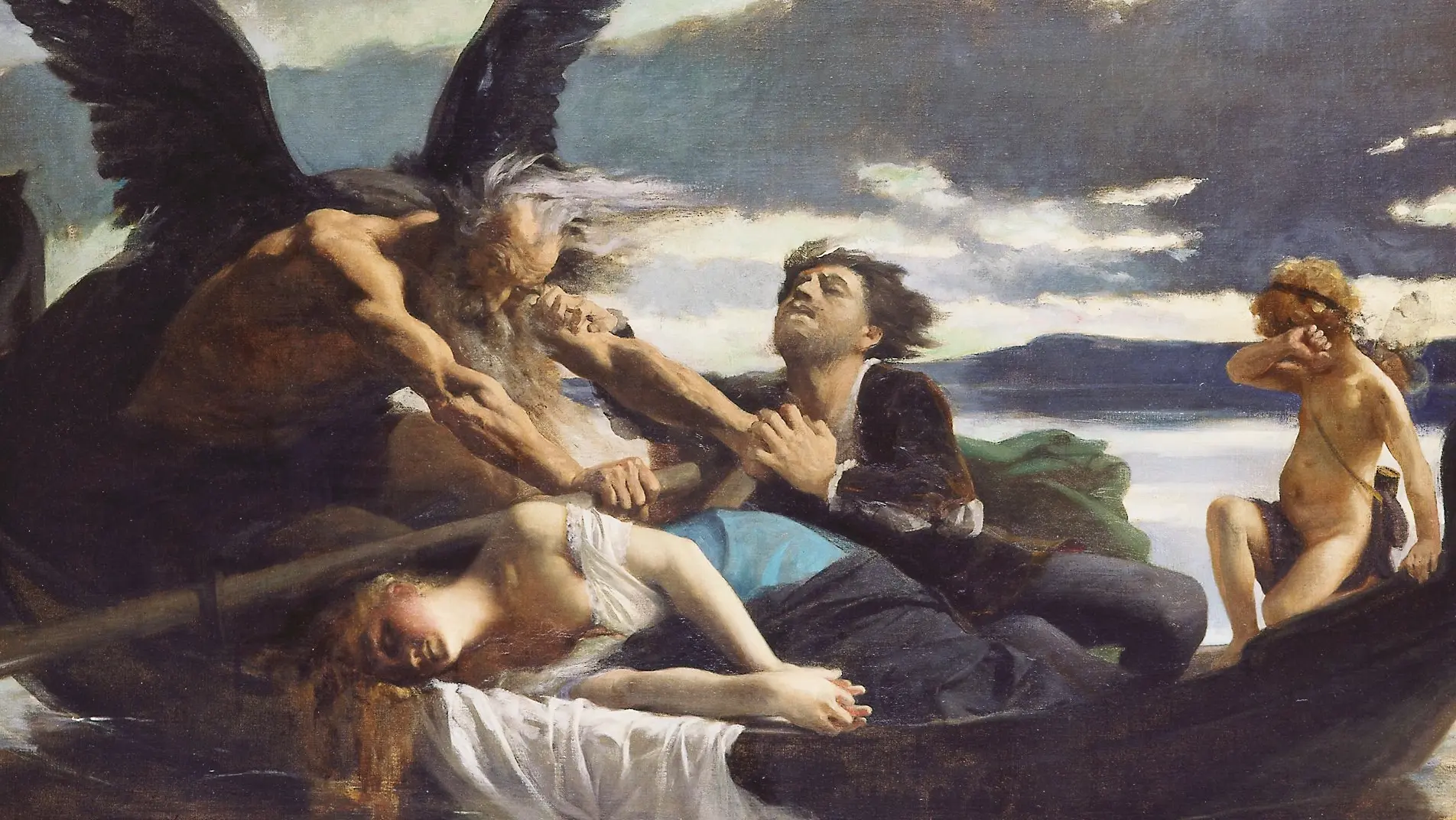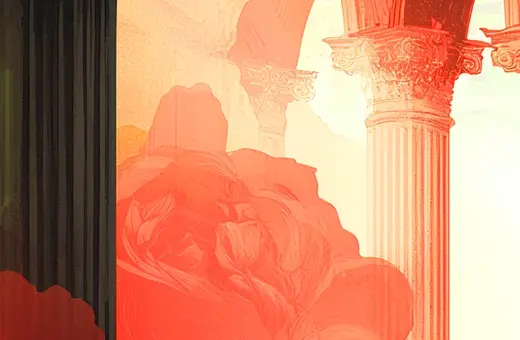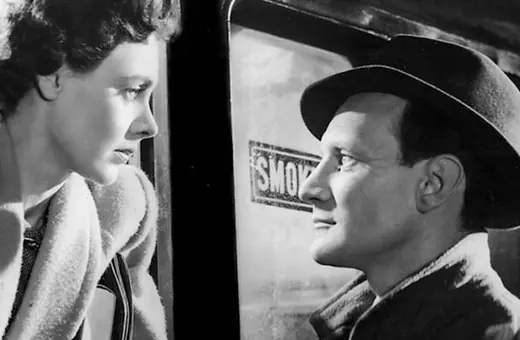bell hooks redefined love as a moral practice, a conscious choice to care, nurture, and do justice. But what if this vision, far from liberating us, turns love into a straitjacket? In this essay, Omari Edwards draws on philosopher Elizabeth Brake’s work to question the ethical ideal at the heart of hooks’ theory. He explores how moralising love flattens its complexity, excludes real-life attachments, and risks turning a messy, ambivalent human experience into a tool of political control.
___
“Love is an act of will-namely, both an intention and an action. Will also implies choice. We do not have to love. We choose to love.” ― bell hooks
___
bell hooks believed love could save us. In All About Love, she wrote with prophetic clarity and moral urgency: love is not a fleeting feeling, not a romantic distraction, but a deliberate, ethical commitment. Love, she insisted, must be based on care, respect, knowledge, responsibility, trust, and justice. It must nurture. It must heal. And above all, it must be good.
This redefinition of love was thrilling. It pushed back against the chaos of toxic relationships, patriarchal family structures, and exploitative intimacy. It refused to let love be an excuse for abuse. For a generation of readers, particularly young activists and progressives, hooks’ vision offered something solid in a world of emotional dysfunction: the possibility that love, rightly understood, could be both personal salvation and political force.
But it also did something subtler, and more troubling: it made love moral. Not just moral in a vague, feel-good way, but moral in a rigorous, codified sense. It reinforced a specific, measurable, and homogenising vision of love as a moral virtue. And once love is moral, it becomes governable. That’s the problem. It becomes a checklist. If your relationship fails to meet hooks’ ethical criteria—care, reciprocity, justice—you risk being told it wasn’t love at all.
Enter Elizabeth Brake, whose work doesn’t deny love’s importance but asks what we lose when we start measuring it against a moral blueprint. Brake has spent years interrogating the way we idealise love, and her critique goes straight to the heart of hooks’ framework. For her, defining love as ethical and intentional doesn’t elevate it instead it confines it. It turns love into a kind of virtue signal, something you're supposed to get right, or avoid entirely.
And so much of the current conversation, particularly among the young people turning to hooks to explain the disappointments of their relationships, often via TikTok or Instagram, leaves love even more trapped in definition. Her quotes circulate as moral prescriptions, soundbites of emotional clarity: “Love and abuse cannot coexist.” “There can be no love without justice.” But when love becomes this legible, this codified, something gets lost. Brake asks: what happens when love is judged not by its felt intensity, its awkwardness, its unpredictability, but by whether it meets a checklist of moral credentials? Does it make us better people? Is it mutually affirming? Is it grounded in respect and reciprocity?
___
She doesn’t want to fix love. She wants to let it be.
___
Most real love, the kind people actually live, doesn’t fit that frame. It’s often lopsided, confusing, unfinished. We love people who don’t love us back. We fall for people we shouldn’t. We stay in relationships that drain us and leave the ones that still matter. We feel desire in ways that aren’t fair, or reasonable, or healthy. And we don’t always want our relationships to be kind, or just, or safe. That doesn’t make them fake. It makes them human, painfully, and sometimes humiliatingly, human.






















Join the conversation